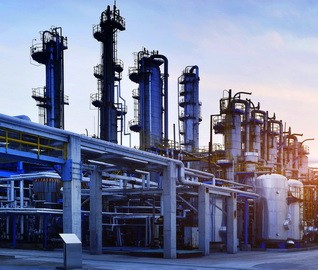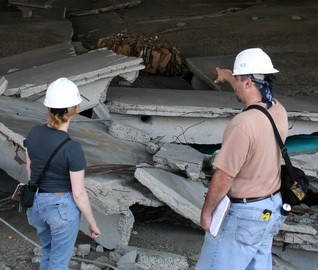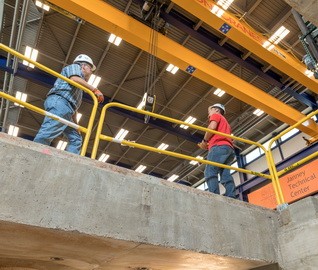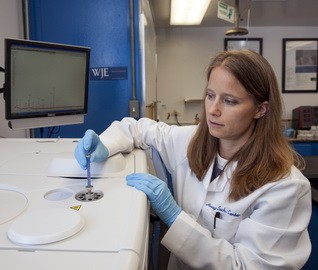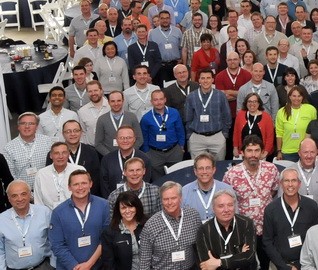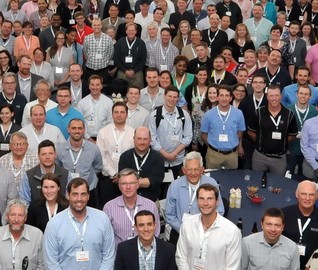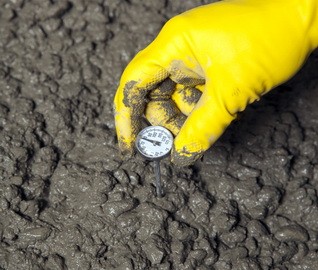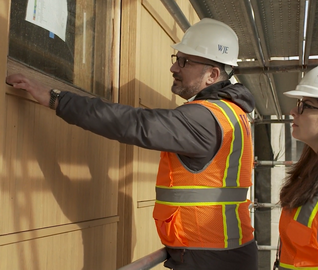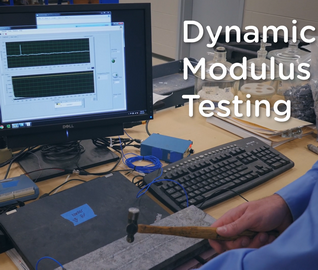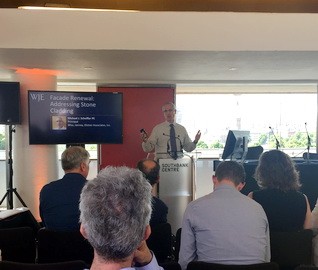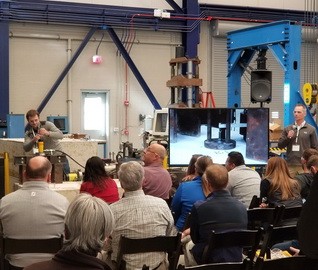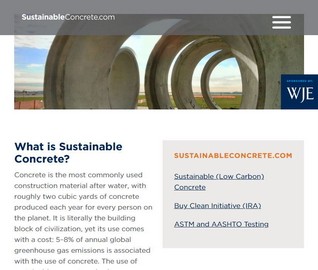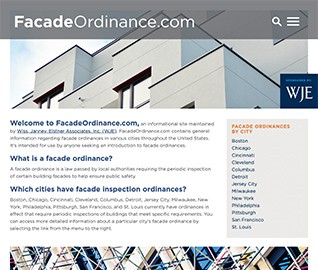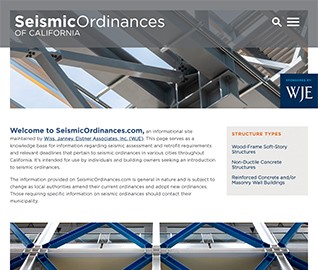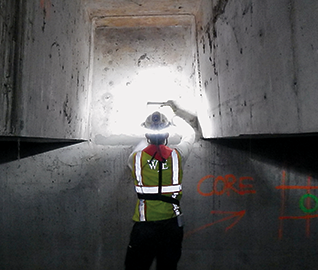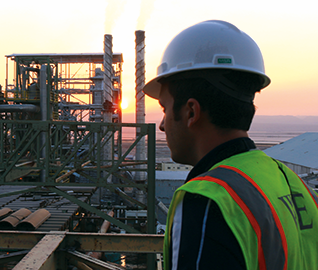This specification covers eight types of portland cement: type I, type IA, type II, type IIA, type III, type IIIA, type IV, and type V. The cement covered by this specification shall only contain the following ingredients: portland cement clinker; water or calcium sulfate, or both; limestone; processing additions; and air-entraining addition for air-entraining portland cement. Portland cement of each of the eight types must have the following chemical compositions: aluminum oxide, ferric oxide, magnesium oxide, sulfur trioxide, tricalcium silicate, dicalcium silicate, tricalcium aluminate, and tetracalcium aluminoferrite. Applicable properties will be determined by the following test methods: air content of mortar, chemical analysis, strength, false set, fineness by air permeability, fineness by turbidimeter, heat of hydration, autoclave expansion, time of setting by Gillmore needles, time of setting by Vicat needles, sulfate resistance, calcium sulfate, and compressive strength. The cement shall be stored in such a manner as to permit easy access for proper inspection and identification of each shipment, and in a suitable weather-tight building that will protect the cement from dampness and minimize warehouse set.
WJE laboratories are accredited by ANAB (ISO/IEC 17025) to perform testing standard ASTM C150 for Portland Cement.
Contact us to learn more.
Keywords
C150 - Chemical Resistance - Compressive Strength - Heat of Hydration - Portland Cement
ICS CODE
91.100.10 (Cement. Gypsum. Lime. Mortar.)
UNSPSC CODE
30111601 (Cement)
CITATION FORMAT
ASTM C150 / C150M-19a, Standard Specification for Portland Cement, ASTM International, West Conshohocken, PA, 2019,
www.astm.org
 John E. Pearson, Principal and Laboratory ManagerWJE Northbrook MORE >People | John E. Pearson, Principal and Laboratory Manager
John E. Pearson, Principal and Laboratory ManagerWJE Northbrook MORE >People | John E. Pearson, Principal and Laboratory Manager WJE's Janney Technical Center (JTC) provides advanced testing and forensic capabilities to... MORE >Labs | Janney Technical Center
WJE's Janney Technical Center (JTC) provides advanced testing and forensic capabilities to... MORE >Labs | Janney Technical Center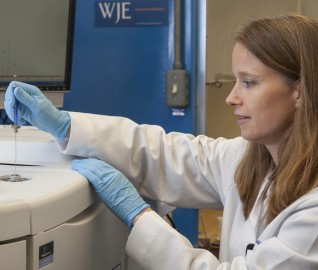 Our materials scientists provide comprehensive consulting services for the evaluation and... MORE >Services | Materials Evaluation and Testing
Our materials scientists provide comprehensive consulting services for the evaluation and... MORE >Services | Materials Evaluation and Testing WJE was founded on a spirit of innovation—that everything can be improved and that... MORE >Services | Product Development, Evaluation, and Testing
WJE was founded on a spirit of innovation—that everything can be improved and that... MORE >Services | Product Development, Evaluation, and Testing

